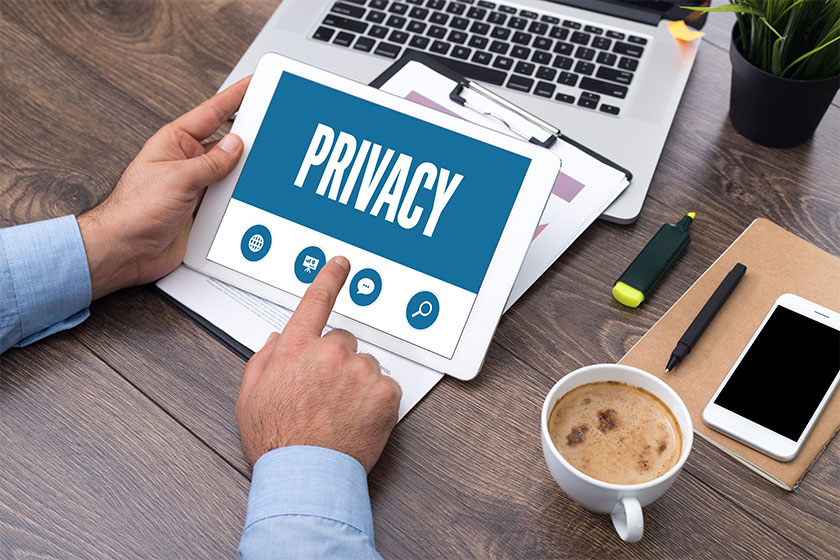When considering nursing homes in Charlotte, NC, it’s important to understand your right to privacy and confidentiality. Nursing homes are entrusted with providing care and support to the elderly, and respecting their privacy is crucial. As a resident or family member, it’s essential to be aware of the policies and regulations that safeguard your personal information and ensure your privacy is protected. In this article, we’ll discuss what you need to know about your right to privacy in nursing homes in Charlotte, NC, and how you can maintain confidentiality during your stay.
HIPAA Regulations
The Health Insurance Portability and Accountability Act (HIPAA) sets forth strict guidelines for the protection of personal health information. Nursing homes are required to adhere to HIPAA regulations, which include safeguarding your medical records, maintaining confidentiality, and obtaining your consent before disclosing any sensitive information. Familiarize yourself with HIPAA policies and ensure the nursing home you choose complies with these regulations.
Privacy of Personal Belongings
Nursing home residents have the right to privacy regarding their personal belongings. Your personal items, such as clothing, personal care products, and personal documents, should be stored securely and treated with respect. Ensure that the nursing home has measures in place to protect your belongings and prevent unauthorized access.
Confidentiality of Medical Information
The nursing home team should handle your medical information with the utmost confidentiality. Discussions about your health condition, treatment plans, and medications should be conducted in private areas to ensure that your medical information remains confidential. Team members should be trained on maintaining confidentiality and only share information on a need-to-know basis.
Visitor Privacy
Nursing homes should respect the privacy of residents during visits from family and friends. Ensure that the nursing home has designated areas where you can meet privately with your visitors. The team should also be trained to respect your privacy during these visits and not intrude on your personal conversations or interactions unless necessary.
Electronic Security Measures
With the increased use of electronic health records, nursing homes must have robust security measures in place to protect your personal information from unauthorized access or data breaches. This includes encryption of electronic records, secure access controls, regular system audits, and team training on cybersecurity best practices.
Consent for Sharing Information
Nursing homes should obtain your informed consent before sharing your personal information with external parties. This includes sharing medical records with healthcare providers, consulting specialists, or transferring your care to another center. You have the right to know who has access to your information and why it is being shared.
Complaint and Grievance Procedures
Nursing homes should have clear procedures in place for addressing privacy concerns or violations. Familiarize yourself with the center’s complaint and grievance process, including how to report a privacy breach and the steps taken to investigate and resolve the issue. Knowing that there are mechanisms to address privacy concerns can provide peace of mind.
Understanding your right to privacy in nursing homes is essential for maintaining confidentiality and protecting your personal information. Before choosing a nursing home in Charlotte, NC, inquire about its privacy policies, HIPAA compliance, and senior living security measures. By being proactive and informed, you can ensure that your privacy is respected and that your stay in the nursing home is comfortable and secure.







